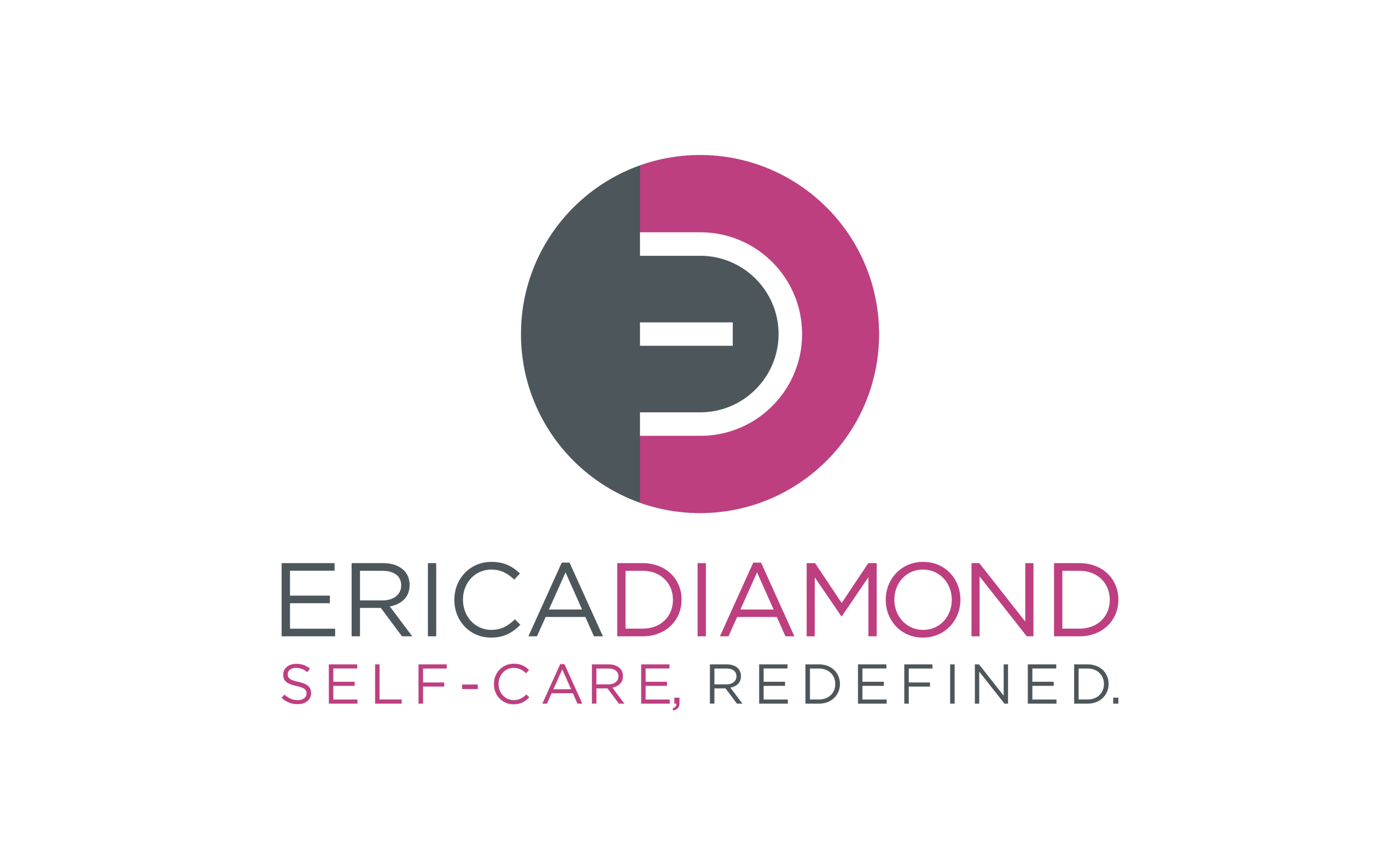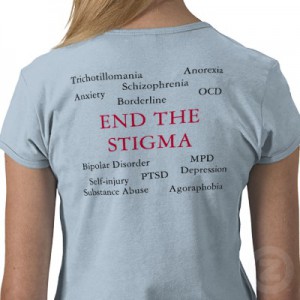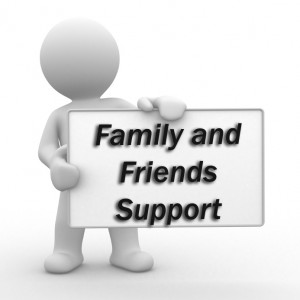
By Daisy
The first time I was diagnosed with depression, I took three weeks off from work but still managed to keep my job. I wasn’t sleeping well at night. Worries kept me awake, and when sleep did come, I’d awaken in a head to toe sweat. Stomach aches every Monday morning, heartburn and headaches Sunday nights. There were too many symptoms to ignore.
Thirteen years later I recognized the symptoms again and went to the doctor. Again, I was able to keep working through it. I’m glad I did– I had a boss who wouldn’t have understood depression, and certainly would have thought less of me for having a mental illness.
But then, between me, my doctor and my family, we decided it was time: time to look into a long-term leave. I needed time to recover and heal, both physically and mentally. It was time to really examine my commitment to my teaching career and whether it could weather this kind of conflict. Most of all, it was time to treat this illness called depression. Before I made any kind of decision on my future, I needed to rest. Rest, recover, and feel healthy again — even on Mondays.
Six months ago, in my third depression on record, I needed a lengthy medical leave to get treatment and cope with my illness. I told very few coworkers why I was taking this time off. I didn’t know if my boss would consider depression a personal weakness, perhaps a sign of poor character.
Unfortunately, this stigma prevents many patients from getting the help they need. Sufferers often fear going public due to fear of “the label,” fear of being mocked or disrespected for suffering with a mental illness. The reason I decided to go public with my depression diagnosis, is to help lessen that stigma. Depression isn’t like the common cold or even influenza. It’s not like a sprain or a break that can be splinted and healed over time. It’s mental illness, not a physical illness (despite the symptoms being physical). Some call mental illnesses “the invisible disabilities.” The illness doesn’t show on the outside, but it hurts like mad on the inside.
As more and more people discuss their diagnoses publicly, that stigma will ease, and more people will seek help. The combination of medication and counseling is often the one-two punch that can overcome a clinical depression – if diagnosed.
If you can identify with several of the following signs and symptoms, and they just won’t go away, you may be suffering from clinical depression. Remember, knowledge is power. And there is help.
Common signs and symptoms of depression
- Feelings of helplessness and hopelessness. A bleak outlook—nothing will ever get better and there’s nothing you can do to improve your situation.
- Loss of interest in daily activities. No interest in former hobbies, pastimes, social activities, or sex. You’ve lost your ability to feel joy and pleasure.
- Appetite or weight changes. Significant weight loss or weight gain—a change of more than 5% of body weight in a month.
- Sleep changes. Either insomnia, especially waking in the early hours of the morning, or oversleeping (also known as hypersomnia).
- Irritability or restlessness. Feeling agitated, restless, or on edge. Your tolerance level is low; everything and everyone gets on your nerves.
- Loss of energy. Feeling fatigued, sluggish, and physically drained. Your whole body may feel heavy, and even small tasks are exhausting or take longer to complete.
- Self-loathing. Strong feelings of worthlessness or guilt. You harshly criticize yourself for perceived faults and mistakes.
- Concentration problems. Trouble focusing, making decisions, or remembering things.
- Unexplained aches and pains. An increase in physical complaints such as headaches, back pain, aching muscles, and stomach pain. (HelpGuide.org)
I’m lucky. My family understands depression as an illness, and they know what kind of support I need. When I need to rest, they say, “Go” and push me up the stairs to take a nap. When I need a little extra moral support, they’re ready to talk and listen, and when I need to be alone, they allow it — within reason. If I let it slip on Twitter or Facebook that I’m having a rough day, someone often shows up with chocolate, coffee, or conversation and hugs.
This time around for me, unfortunately the standard meds aren’t working. I have good doctors working with me; they’ll eventually find the right combination. While I wait and hope we find a solution sooner, I’ll share a few tips from the heart of a person suffering with depression.
Don’t:
- Tell the person with depression that “this is just a phase, you’ll snap out of it.”
- Start or spread rumors
- Ignore calls for help – literal or figurative.
- Label the person as “crazy” or “nuts” because their illness is in the brain, not the body.
- Expect quick or sudden recovery
Do:
- Recognize that depression is a serious illness that can be treated.
- When a friend or family member is depressed, offer support by listening to them or bringing them a favorite food.
- Have compassion. Depression hurts.
- Remember that recovery is a marathon, not a sprint.
- If someone near you is depressed and discusses suicide, get help for them immediately.
Sometimes a depression sufferer will lose his/her sense of humor. Me? I get sarcastic. It’s like a scene out of the old show M*A*S*H* when they are facing impossible situations daily, and they cope by joking, often inappropriately. I save my sarcasm for those who will appreciate it; my family and closest friends – most of the time.
But at the end of the day, the most important thing to remember is: a person with depression is a person. A depression sufferer is a person. A victim of depression is a person. This friend of yours, this family member, is still the same person you know, enjoy, and love.
Please help me in knocking this public stigma out of our lexicon and recognize depression for what it is: a treatable illness. Please also help me spread this awareness and knowledge.
And finally, if you feel like you are suffering alone, I urge you to break the silence and get help.
~Daisy
—
ABOUT
Daisy blogs at Compost Happens, a personal blog: part family, part garden, part green eco-writer, part disability advocate. Daisy is trading her classroom teaching for a cubicle next year and teaching online.






As I read this I sat here and started crying. I can’t stop. I have been seeing my doctors about it. I have been on meds for years and still deeply hurt inside. I have sleep apnea and restless legs. I have been told I haven’t had proper rem sleep for over two years. I sleep through many appointments, both professional and family/friend invitations. I have no quality of life ! I am so sick of being sick 🙁 Thank you for posting this ! Many people, like you said, maybe don’t even know they have an illness called depression. I know I do. I have been trying with all the little heart and soul I have left to get through these tough times. I miss my family, my friends, my co-workers, and most of all Laura, my ex girlfriend, who after living with my illness for 9 years, could not take it any more! I don’t blame her at all. She loved and cared for me whole-heartedly and needed to break free. I was sucking the life out of her. It is so hard to hide this pain, but I have learned to put on the mask when out in public, and some people would never guess how much I suffer inside each hour of the day. Day after day. Educating the public now will make it easier on those of us who have had the fear of letting our illness be know. Thank you Guest Blogger Daisy for having the strength to get out there and help us who don’t! You ROCK !!
my mental health stigma shirts and action:
http://workequalsworthequalsinnocence.wordpress.com/2011/10/07/oct-6-2011-politicalart/
I think many of us sometime in our lives have been depressed and suffered with depression. Things are more open now than they used to be but many still feel the stigma of mental illness. Your mental and physical health are so closely related. Thank you for sharing your story and suggestions.
I am a therapist who when through a personal period of severe depression when my marriage ended 13 years ago. It lasted over four years and the pain was often unbearable. What saved me, I believe, was yoga…almost daily…plus eating extremely healthy food starting with a really good breakfast. I also started going to Curves to get some physical activity and I walk everywhere. (I walked 422 km on the Camino de Santiago last year). Sometimes I can still feel it creeping into my body and I recognize the early signs and I will do something I love, like go to the library or go for tea alone somewhere and take a good book.
One thing for sure, the personal experience has made me so much better at my job. My ability to empathize has truly increased and I now also work with the “hole” client. We talk about activity, food, what they do for fun, what they do to challenge themselves.
It is so, so sad when things seem to be hopeless. Having faith that things can get better is crucial.
Rhonda
Thank you Daisy! I dealt with Depression for 30 years before I got help. It IS a marathon to survive. Know that ‘the whisperers’ in life aren’t worth being concerned with. Keep on going no matter what: You Are Worth It!